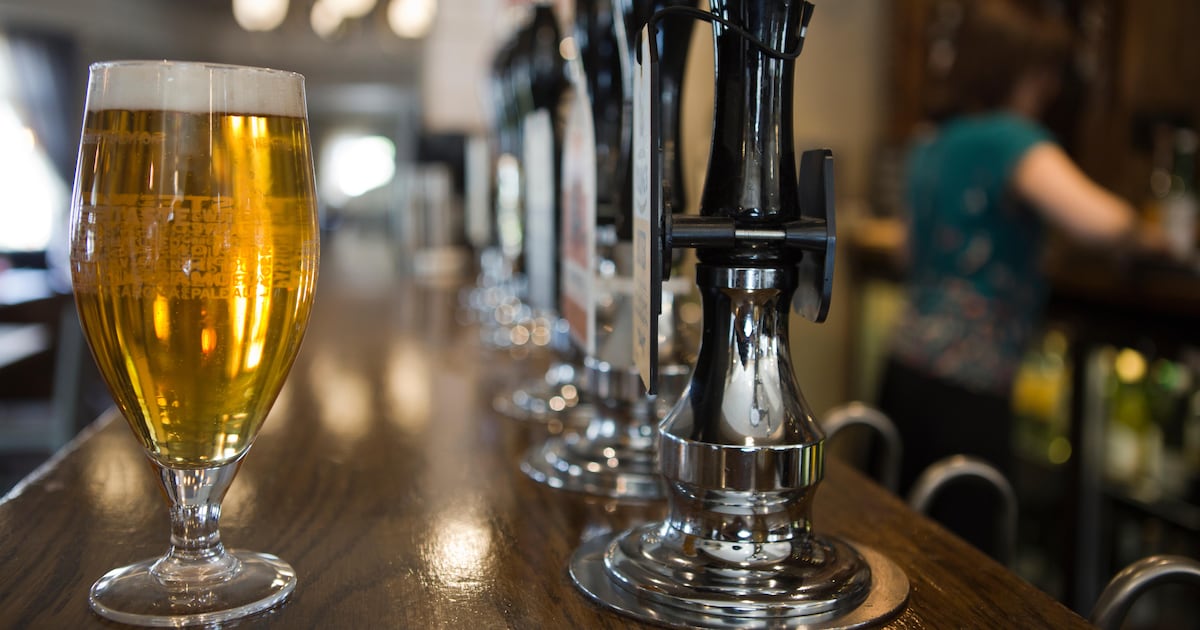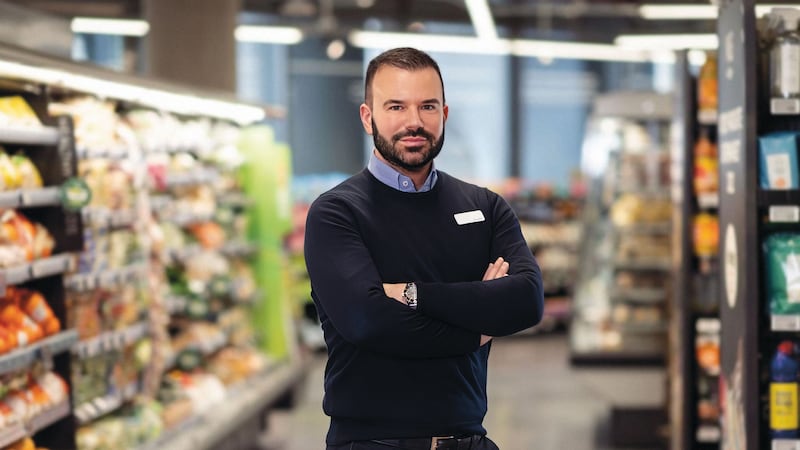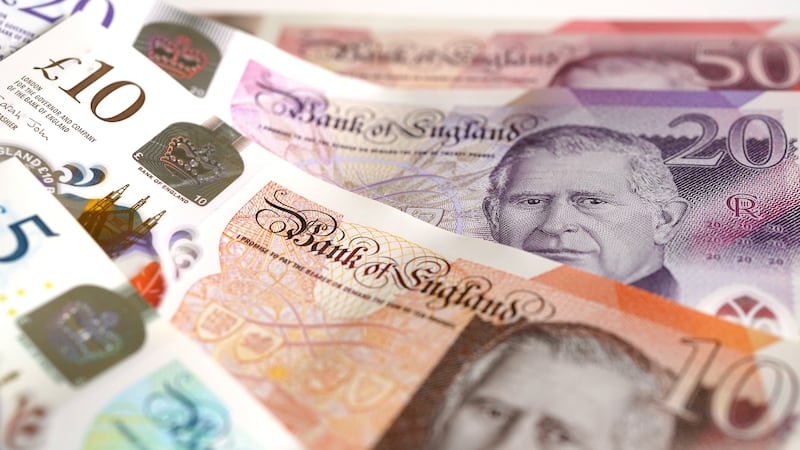The Irish Government’s decision to reduce VAT on hospitality from 13.5% to 9% on food is another clear sign of the widening competitive gap facing Northern Ireland’s hospitality and tourism sector.
Our industry already operates with one of the highest VAT rates in Europe at 20%. When combined with higher energy costs, labour costs and other structural pressures, this places local operators at a growing disadvantage in a market where customers can switch jurisdictions within minutes.
Northern Ireland is uniquely exposed because it shares a land border with the Republic of Ireland and operates in a genuinely all-island domestic and tourism market.
Under the Good Friday/Belfast Agreement, the island is marketed internationally as a single destination, yet the fiscal environment on each side of the border has diverged sharply.
Visitors and tour operators are increasingly guided by price rather than quality. Lower VAT south of the border means cheaper menus, better packages and more room to reinvest, while operators in Northern Ireland are forced to absorb a far higher tax burden.
This is not an abstract concern. From July 2026, the Republic’s VAT rate will fall to 9%, leaving Northern Ireland operators between 6.5 and 11 percentage points behind before a price is even quoted.
For a 100-person event at £90 per head, a venue in the Republic already has a pricing advantage of hundreds of pounds. A 125-room hotel stands to save over half a million pounds a year in VAT alone.
Leading venues in Hospitality Ulster’s membership have already lost international business on price alone, with border operators losing weddings and events to competitors just miles away.
The cost disadvantage does not stop at VAT. Energy prices in Northern Ireland are among the highest in Europe. Larger users pay around 60% more than the EU median.
Recent reporting has highlighted how consumers and businesses alike are not being adequately protected from excessive profiteering in energy markets.
Combined with post-Brexit supply-chain costs, business rates and higher employment costs, the result is one of the most punishing operating environments anywhere in these islands.
The UK Budget next month provides an opportunity to act. A five-year VAT pilot for Northern Ireland’s hospitality and tourism sector would help level the playing field, support local employment, restore competitiveness and provide a clear evidence base for long-term policy.
The Northern Ireland Protocol allows such a measure. It is both legally possible and economically urgent. This sector supports more than 72,000 jobs and contributes £2 billion a year to the local economy.
 Colin Neill, chief executive of Hospitality Ulster (Brian Lawless/PA)
Colin Neill, chief executive of Hospitality Ulster (Brian Lawless/PA)
If even our strongest operators cannot compete under the current regime, this is no longer a question of advantage but of fairness and economic sustainability. The time for action is now.
- Colin Neill is chief executive of Hospitality Ulster


